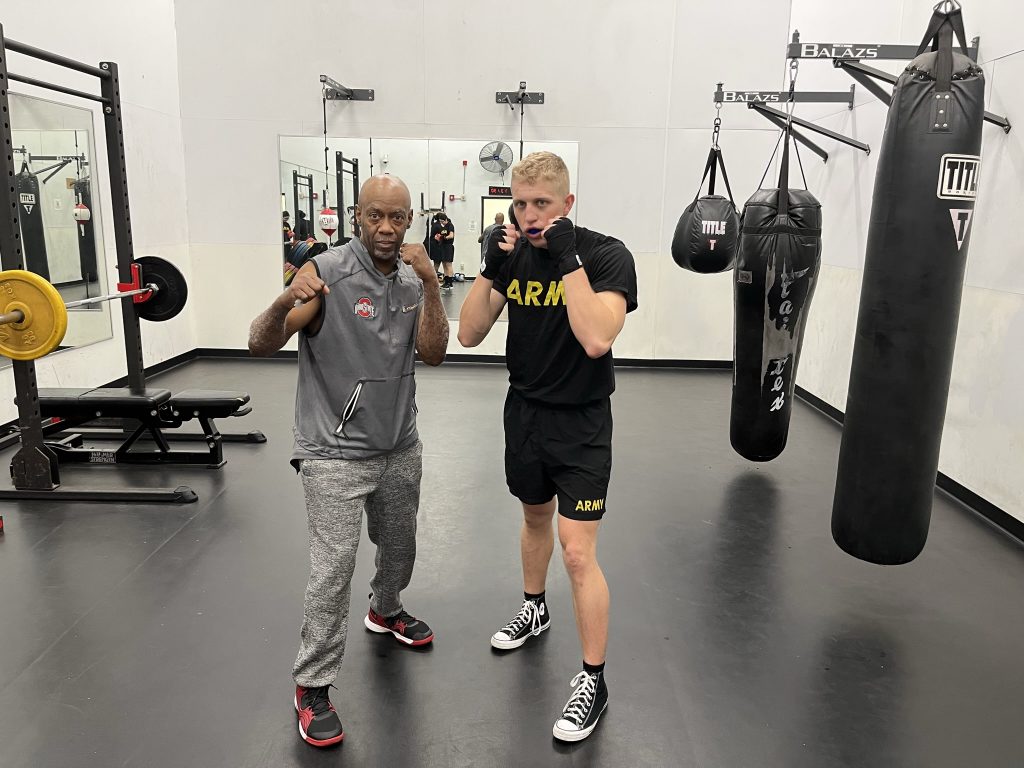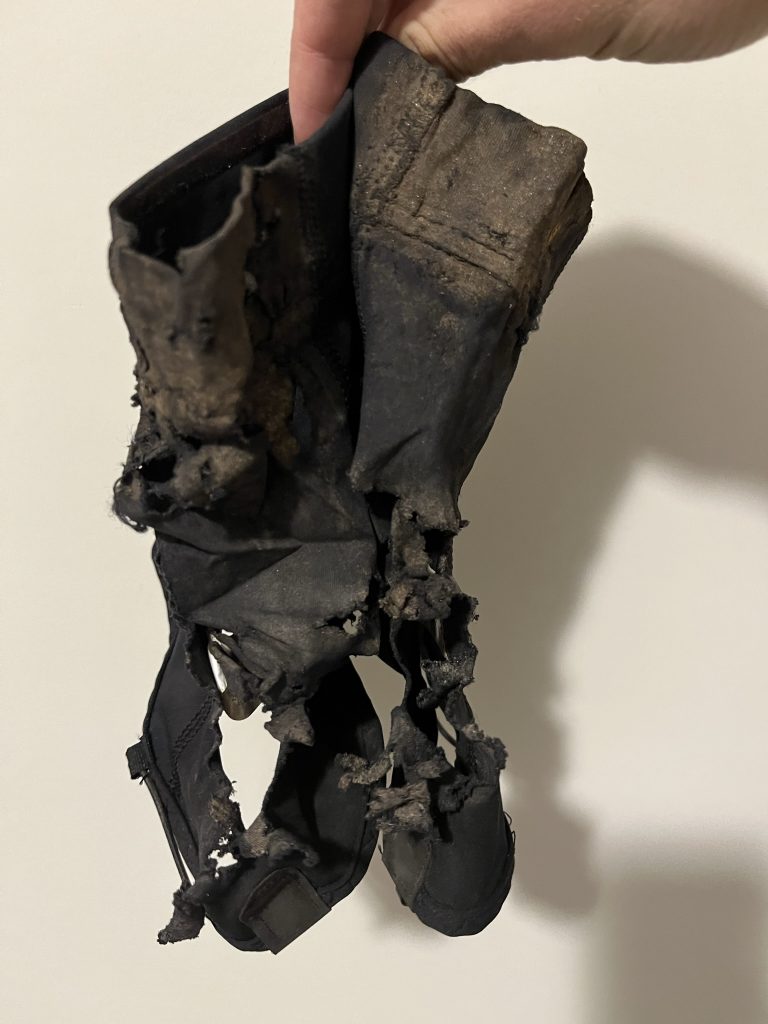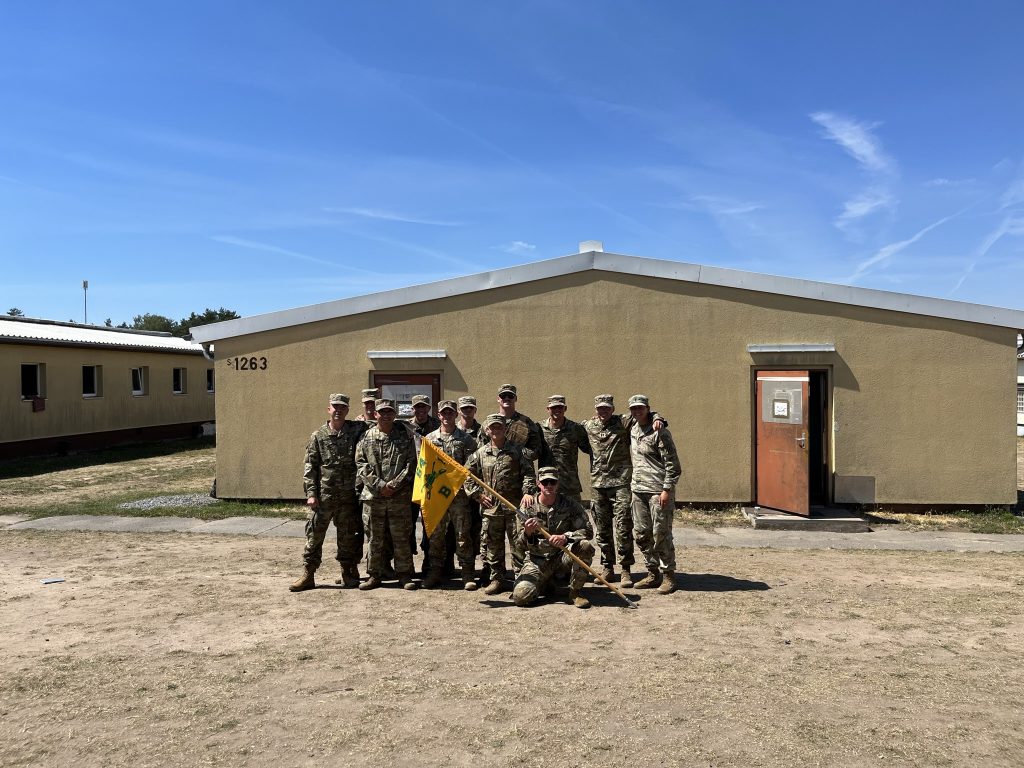I have recently been reading The Personal MBA by Josh Kauffman. While the book gives much insight into how to start and run a business, I have done much contemplation on a quote that begins one of the sections of the book.
“It takes half your life before you discover life is a Do-It-Yourself Project.” – Napoleon Hill
The more I have thought about this quote, the more I have realized that it is not true. Life is not a Do-It-Yourself Project. In America, we admire many successful people from politicians to celebrities. We describe many of them as self-made, but personal success never happens in a silo. You cannot just do it yourself. Behind any successful individual is a group of people who believe in them and support them along their path. Success also requires one to seek out the mentorship of people who have done similar things to that which you would like to achieve. After all, nothing substitutes for experience. I would like to share some of my recent personal experiences to illustrate my point.
I have recently taken up boxing. The more I practice in the sport the more I realize you cannot just train alone to be successful in an actual bout. You can hit the heavy bag, speed bag, and two-end bag all you want, but you will not level up your skills until you spar with an opponent who can exploit your weaknesses. As Mike Tyson said, “Everyone has a plan until they get punched in the face.” For most of the last year, I have had to do most of my training on my own. Recently, I have been able to spar with other opponents with the feedback of an experienced coach after each round. The sparring gives me the real-world experience necessary to analyze my technical and physiological weaknesses. The feedback from my coach provides with me knowledge I can apply to my training to improve for my next bout. Without this real-world experience enhanced by the feedback loop of my coach, I would struggle to improve at the sport of boxing by myself.

From boxing to outdoor sports, learning from those who have gone before you is critical to success. I recently did some climbing and hiking in north Georgia. Before hitting a portion of the Appalachian Trail (Springer Mountain to Cooper’s Gap), I stopped at an REI in Burford, Georgia. At the store, I spoke to one of the managers who had thru-hiked the entire Appalachian Trail. He told me there were two things he would never go hiking without ever again: hiking poles and boot gaiters. I knew the importance of using hiking poles on longer hikes, but I had never heard of these elusive boot gaiters. Although the store was about to close, I pressed him further. He walked me across the store to the shoe section and explained how boot gaiters worked. They are basically elastic fabrics that go over your boots to keep sticks and rocks from being kicked into your boots. He had me sold on the usefulness of the product. I grabbed a pair and ran off to the check-out counter to purchase my items before the store closed.
When I arrived at Springer Mountain (the start of the Southern portion of the Appalachian Trail). It was getting late, so I decided to stay the night in my car and start my trek the next morning. The next morning I was in a rush to start my trek, so I pulled the boot gaiters out of their packaging and realized I did not know how to properly put them on my boots. There were no diagrams on the packaging, so I used my intuition and threw them on. I remember the night before I had thought about asking the more experienced hiker how they went on the boots, but I thought it should be something I should be able to figure out myself. My pride got in the way, and I decided not to ask him. I ended up putting the boot gaiters on wrong and ruined them on my first day on the trail.
When we are students in grade school, we are often told that there is no such thing as a “stupid” question. As I develop as a young adult, I often struggle to have the humility to ask the “stupid” questions because as a college-educated, 24-year-old, shouldn’t I be able to figure it out myself? Most of the time though, the “stupid” questions are the most essential to ask. Have you ever been a part of a project in which you spent hours and hours working on a portion of the project you didn’t even need to do because you failed to ask your boss if you needed to do that portion or not? Or have you ever wasted time and energy trying to figure something out instead of just asking someone to show you? If you want to achieve great success, you must be willing to stay humble and ask the “stupid” questions. It is so easy to make things complicated in life, but often success in most disciplines just requires that you can do the basics really, really well. Although ruining my first pair of boot gaiters was really not that big of a deal in the grand scheme of things, this experience was an important lesson in humility.


From Georgia to Germany, I have learned that you can not only be developed by superiors/mentors but also by “subordinates” as well. I arrived at an Army Post in Germany in May. I was joining my battalion for the first time since becoming a Soldier in the 3rd Infantry Division at Fort Stewart, Georgia. As a 2nd Lieutenant in the Army, I was taught a lot about Army doctrine and how to fight and maneuver small units in my Professional Military Education at Fort Benning. But I was taught very little about the technical knowledge necessary to effectively use the Army’s armored platforms. I learned a little bit about the Army’s M1A2 Abrams Tank at Fort Benning since that is the platform on which the Armor Basic Officer Leadership Course focuses its curriculum, but that was it for the most part.
Even for the Abrams Tank though, I found myself depending on Soldiers of lesser rank to teach me the ins and outs of all the Army’s armored platforms. I had a Sergeant teach me how to cipher oil out of a 113 Armored Personnel Carrier to get samples for the Army’s Oil Analysis Program. The mechanics of my company’s field maintenance team showed me how to install a new turbine engine into the hull of an Abrams Tank. Finally, a Specialist showed me how to reconnect the end connectors of a track. The little things matter when it comes to the Army’s armored ground platforms. If one little part is not maintained properly, the vehicle can be taken off the line for months affecting the unit’s operational readiness. I am privileged to be learning from such knowledgeable Soldiers as a new leader in the Army, and I still have a lot more to learn.

As an American, I am proud of my country and am honored to serve in our nation’s Army, but in this country, we often overemphasize the impact of individuals. The success of our country does not depend on individuals in powerful positions such as the President or CEOs of the Fortune 500. It depends on every citizen. It takes a strong support system to build a strong individual. Get out there, seek mentorship, ask the “stupid” questions, and be willing to learn from everyone on your team. Life is not a DIY Project.